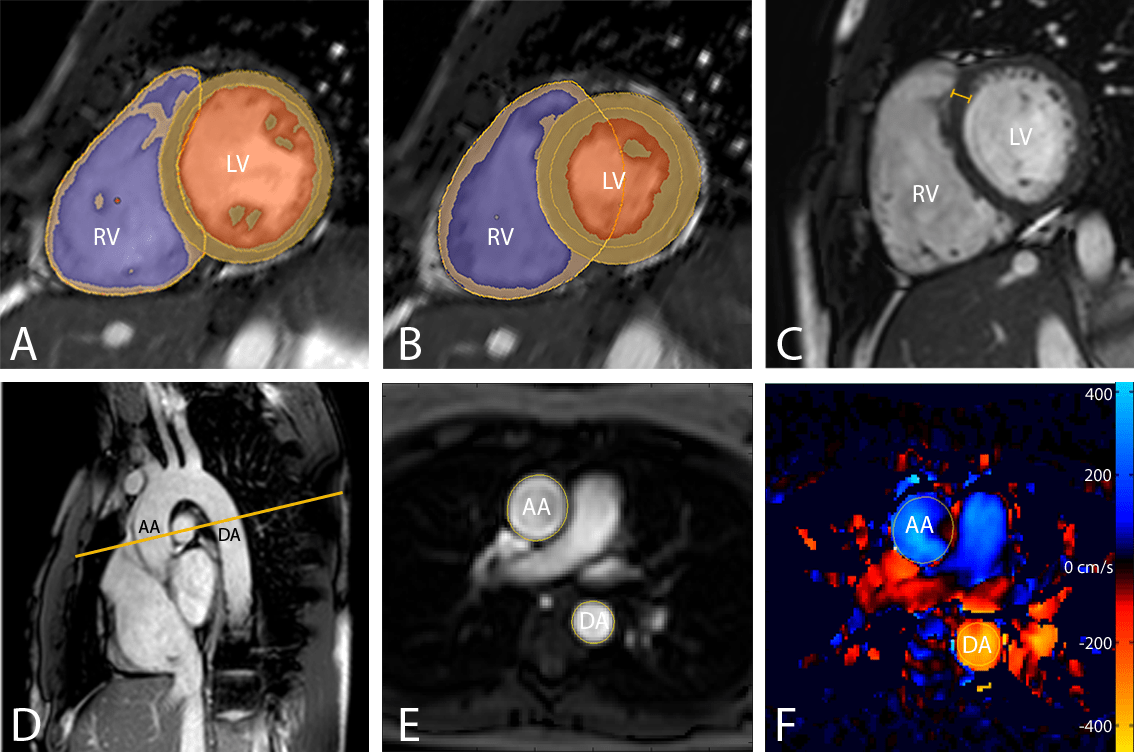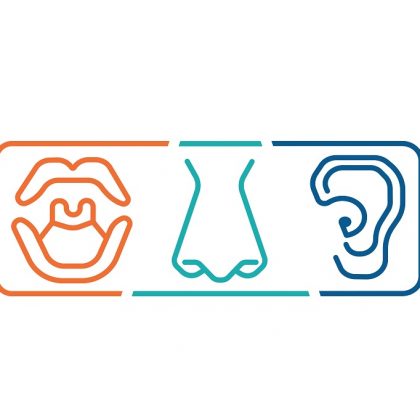Physically healthy people with schizophrenia show heart changes that increase the risk of heart disease
The RCPsych Article of the Month for August is from The British Journal of Psychiatry (BJPsych) and is entitled ‘Cardiac structure and function in schizophrenia: cardiac magnetic resonance imaging study’ by Emanuele F. Osimo, Stefan P. Brugger, Antonio de Marvao et al.
We have known for many years that people who suffer from schizophrenia die younger than expected, as much as 20 years younger than the general population. This appears unfair, and it was the inspiration of this work. Most people thought that this added risk of death was mostly due to the higher prevalence in schizophrenia of smoking, obesity and to other lifestyle differences.
For this reason, we recruited 40 patients with schizophrenia and an equal number of healthy controls, and scanned their hearts using a state-of-the-art approach, called cardiac magnetic resonance. This was performed at the state-of-the-art Robert Steiner MRI unit.
This figure, from our paper, shows the kind of images you get from cardiac MRI: panels A to C show how we measured the volume of the various heart chambers (RV = right ventricle; LV = left ventricle; the calliper in C) shows the width of the LV wall, called septum). Panels D to F show how we measured the speed profile of blood in the aorta (called pulse-wave velocity), the main outflow tract from the heart.

There is also a video we have made to showcase some of the cine sequences (short films) that can be obtained with cardiac MR:
Surprisingly, in our study we found that even after matching patients and healthy controls for age, sex, ethnicity and body mass index (BMI, deriving from height and weight); and after excluding any participants with any medical conditions, and other risk factors for heart disease, people with schizophrenia show hearts that are smaller and chunkier than controls. These changes are similar to those found in aging.
In a previous study we had also found that the muscle tissue in the hearts of people with schizophrenia shows changes seen in inflammatory conditions.
These heart changes have been shown to increase the risk of future heart disease, such as heart attacks and strokes.
This research has shown that schizophrenia is associated with heart changes, and that these changes could lead to an increase in the risk of heart disease and death in this group.
In future research we would like to check if these changes are genetically programmed, or if they are due to other illness-related factors, such as medication or chronicity.
Our long-term aim is to find ways to understand what underlies these changes and ultimately to reduce cardiovascular risk in people with schizophrenia.
Why I chose this article:
Osimo and colleagues go straight to the heart, using cardiac magnetic resonance imaging to explore the structure in 80 participants with schizophrenia. They found evidence of cardiac remodelling when compared with matched healthy controls, including smaller left and right ventricles and end-diastolic volumes, and increased concentricity and septal thicknesses. The findings persisted when adjusted for smoking and exercise levels, and were independent of antipsychotic medication dose or duration. Such remodelling occurs when myocytes are exposed to noxious stimuli, and the subsequent changes can be pathological. The authors note that these cardiac changes may be directly contributing to patient mortality.
Derek Tracy
Editor for Public Engagement and Education, BJPsych
Find out more about the RCPsych Publications by visiting the RCPsych Hub!







I found this research very interesting and worthwhile. I have a schizophrenic 48 year old brother-in-law who weights about 250 pounds. He physically resembled his father but he has rarely ever physically worked. Last week I picked him up from a downtown hospital where he would have had open heart surgery but he checked himself out “against medical advice”. The complete story is he had open heart surgery in 2013 to fix a hole in the back side of this heart and did not want to have surgery again. I supported him in his decision.
I want to discuss the goal of ” reduce cardiovascular risk” which is a good open-ended statement. It has an underlying tone prevalent in the medical field; we want people to live as long as possible. This message is probably reinforced by my personal situation.
Any parent would say they want their child to live as long as possible. I have watched my in-laws sacrifice their lives for their child. If you honestly asked siblings, cousins, in-laws, nieces and nephews, aunts and uncles do you want your relative that you have watched struggle with schizophrenia for 20 to 30 years to live as long as possible, they would probably have a different answer than the parent. Consider that any one of the above people could be forced to care for that person after the parents’ death.
I’m sure you have many hopes for your research but its probably not enhance the national discussion about death. I would consider a sudden cardiac death a blessing for my brother-in-law. His life is a never ending medical saga.
I have schizophrenia and I’m 28 years old. My heart has started hurting and I haven’t seen a doctor on it yet. I’m genuinely interested on this topic. I want to live. I have an amazing hubby that I want to live for.